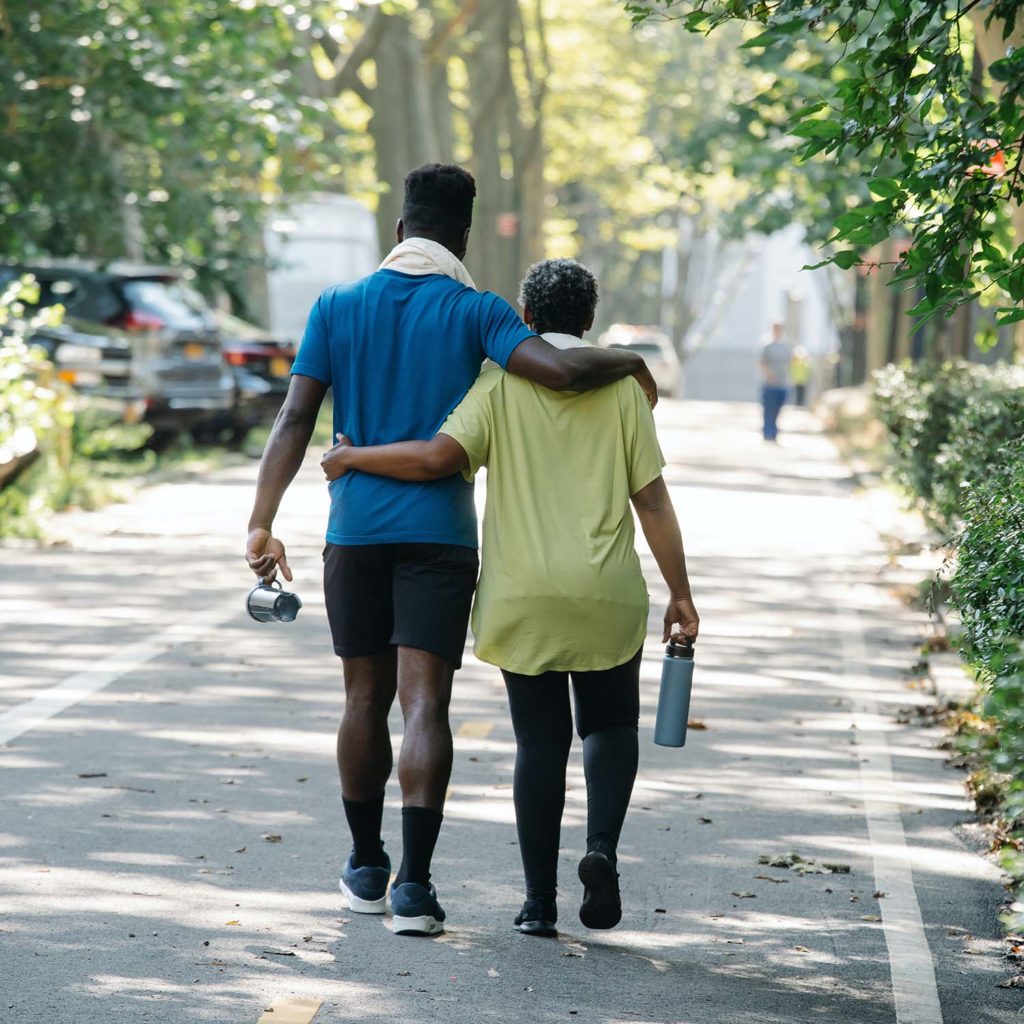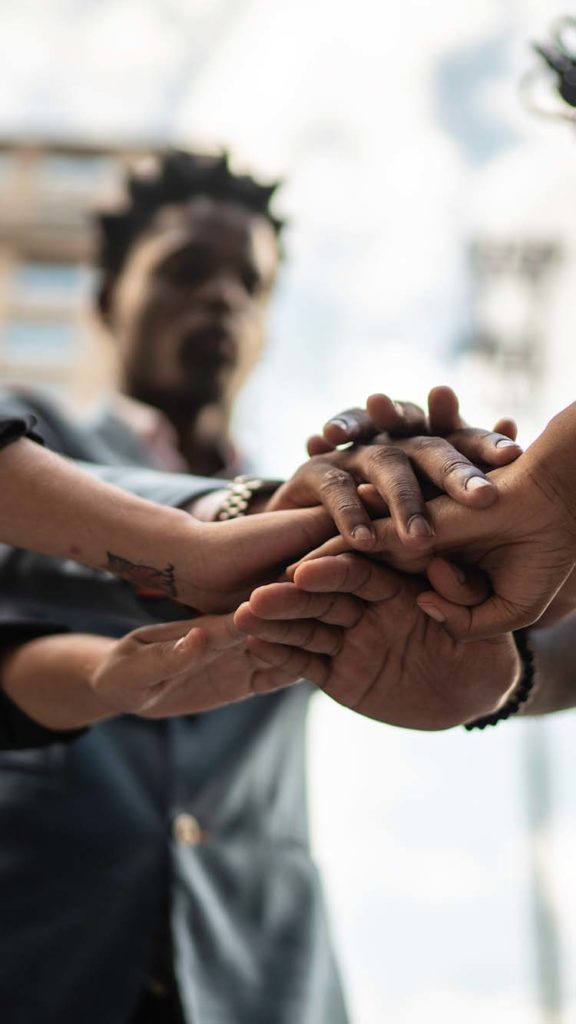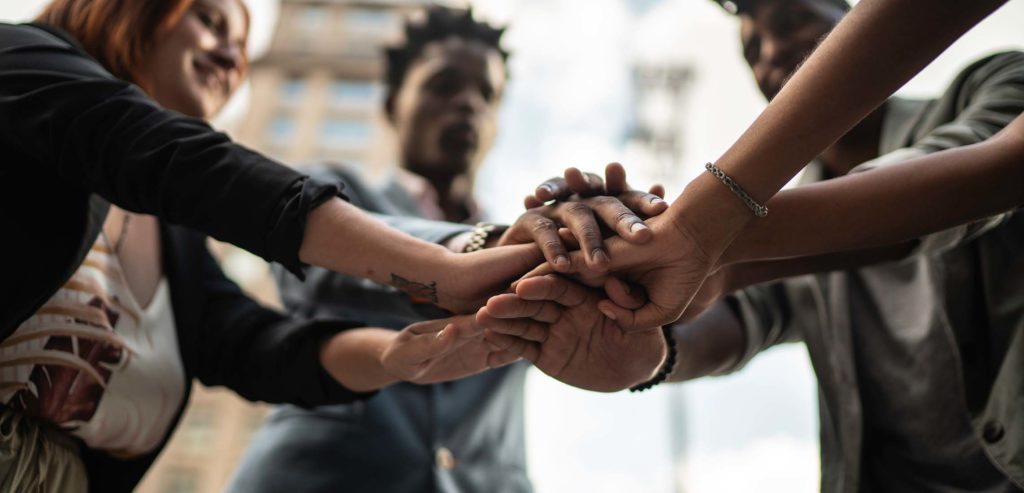Other Factors
Treatment Concerns
When Black individuals seek care for mental health conditions, they are more often diagnosed with schizophrenia and less often diagnosed with mood disorders, such as depression or bipolar disorder, when compared to white people with the same symptoms.
Additionally, Black people are less likely to be offered evidence-based medication or therapy than the general population.
Access to care
Black Americans are more likely to lack health insurance compared to white people.
Because of a dearth of Black or African American healthcare providers, Black individuals face challenges in finding culturally competent care.
Stigma can also be a limiting factor for Black individuals seeking mental healthcare. Studies have shown Black people and African Americans believe that mild depression or anxiety would be considered “crazy” in their communities. Many also believe discussions about mental health conditions would not be acceptable, even with family.
Criminalization and Incarceration
Black people experiencing mental health conditions are criminalized and incarcerated at higher rates than any other ethnic group.
Although Black and African American people make up 13 percent of the general U.S. population, they comprise nearly 40 percent of the prison population.
Black Americans are incarcerated at nearly 5 times the rate of white Americans.
Black people living with mental health conditions, particularly schizophrenia, bipolar disorders, and other psychoses, are more likely to be incarcerated than people of other races.
According to American Addiction Centers, rates of substance use in Black Americans is about the same as in white Americans. While 5 percent of illicit drug users are African American, African Americans represent 29 percent of those arrested and 33 percent of those incarcerated for drug offenses.
Trauma
Racial trauma, also called race-based traumatic stress, describes the mental and emotional damage caused by encounters with racism, racial or ethnic discrimination, and hate crimes. Any individual that has experienced a racist incident is at risk of suffering from race-based traumatic stress.
The violence and dehumanization inflicted upon Black Americans during slavery, the reconstruction era, and Jim Crow were so profound that the community still carries psychological and social scars today. While slavery has ended, systemic racism against Black people still exists, resulting in ongoing racism and further trauma to Black people.
Stigma
Some Black communities accept that mental illnesses are health problems that require treatment. But there’s a severe stigma in other communities that implies a mental health problem is a sign of weakness and should be kept hidden from others.
This stigma is compounded by mistrust of the medical system, which has historically not served Black people well and caused further harm. This harm includes horrific medical experiments on enslaved people, the forced sterilizations of Black women, and the infamous Tuskegee syphilis study, which withheld treatment from hundreds of Black men for decades to let doctors track the course of the disease.
Instead of seeking out a mental health professional, Black Americans might look to their church or clergy for support that speaks to their spirituality.

Quick Facts
- Diagnosis rates of mental health conditions in African Americans are similar to those of the general population. However, when African Americans seek care, they often receive poorer quality of care and experience a lack of access to culturally competent care. (National Library of Medicine)
- Only one out of three African Americans who need mental health care receive it. (National Library of Medicine)
- Compared with the rest of the population, African Americans are less likely to be offered either evidence-based medication therapy or psychotherapy. (National Library of Medicine)
- Black people experiencing mental health conditions—especially those with schizophrenia, bipolar disorders, and other psychoses—are more likely to be incarcerated than people of other races. (American Psychiatric Association)
- A 2018 study found that Black children between the ages of five and 12 are about twice as likely to die by suicide as white children of the same age. (JAMA Pediatrics)
Resources
DBSA Support Groups
DBSA support groups give people living with depression and bipolar disorder a safe, welcoming place to share experiences, discuss coping skills, and offer each other hope.
Education
People who live with mood disorders can more readily achieve wellness when they recognize the symptoms and understand the issues related to this spectrum of conditions.
Wellness Tools
Each person’s wellness journey is unique. With that in mind, DBSA has developed tools to help you take the first steps and to determine what support you may need along the way.
Find a Therapist
If you’re thinking about starting therapy, mapping out your wellness goals and values can help you find the right therapist for you.




